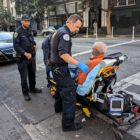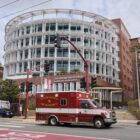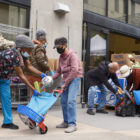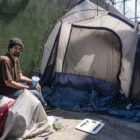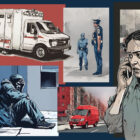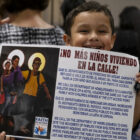Elections
Proposition N — Create Fund to Pay Off First Responders’ Student Loans
See our November 2024 SF Voter Guide for a nonpartisan analysis of measures on the San Francisco ballot, for the election occurring Nov. 5, 2024. The following measure is on that ballot. Proposition N could help pay off first responders’ student loans with the goal of attracting new hires amid staffing shortages. Listen to a summary of what this ballot measure would do.
